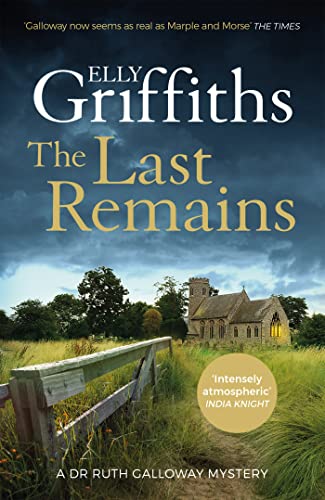It’s understandable why humans stopped living in space in the 2020s. How can you think of the stars when the seas are spilling over? How can you spare thought for alien ecosystems when your cities are too hot to inhabit? How can you trade fuel and metal and ideas when the lines on every map are in flux? [loc. 234]
A science fiction novella set early in the next century, when citizen-funded space exploration has replaced the national space agencies of our own time. This is exploration for its own sake, without the desire to profit or colonise. The narrator is Ariadne O'Neill, one of four crew members on the Lawki 6. Their mission is to investigate a solar system containing four habitable worlds: to enable this, they make use of a technique called somaforming, which temporarily alters the human body, conferring 'that little bit extra we need to survive on different worlds'. Each world they visit has different requirements, and Ariadne compares the somaforming to metamorphosis: she maintains that it's the most ethical way to explore. Communication with Earth takes 14 years: the crew receive news packets, and send reports, but there's no real-time interaction. The worlds in this system, the icy moon Aecor and the planets Mirabilis, Opera and Votum, have complex and very different ecosystems: it's unsurprising that Ariadne, Jack, Chikondi amd Elena lose interest in the news packets, which seldom have anything of relevance in them. Except, one day, they realise that the packets haven't been arriving as regularly...
This was such a fascinating read: the little team and their (generally very comfortable and distinctly queer) interactions, the ethical dilemma of whether their explorations damage the living beings they encounter, the sheer wonder of each new world -- I found the story and the setting utterly engaging. The choices, good and bad, that the crew make have emotional resonance: and the final choice, the one they don't make, brought tears to my eyes.
The novella's title comes from the golden record carried on the Voyager space probe: 'We step out of our Solar System into the Universe, seeking only peace and friendship, to teach if we are called upon, to be taught if we are fortunate.' That provenance adds poignancy to a short but profound story.
















